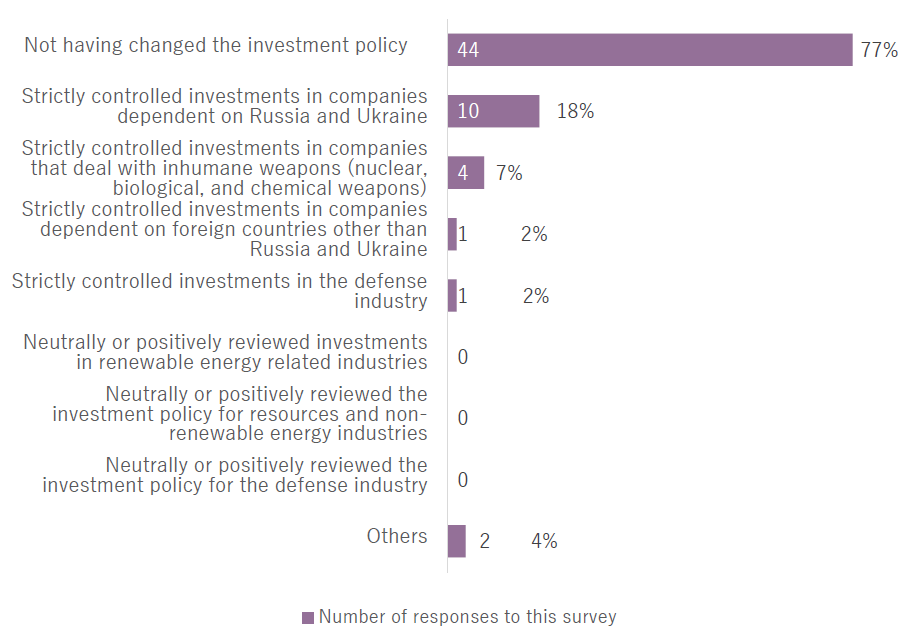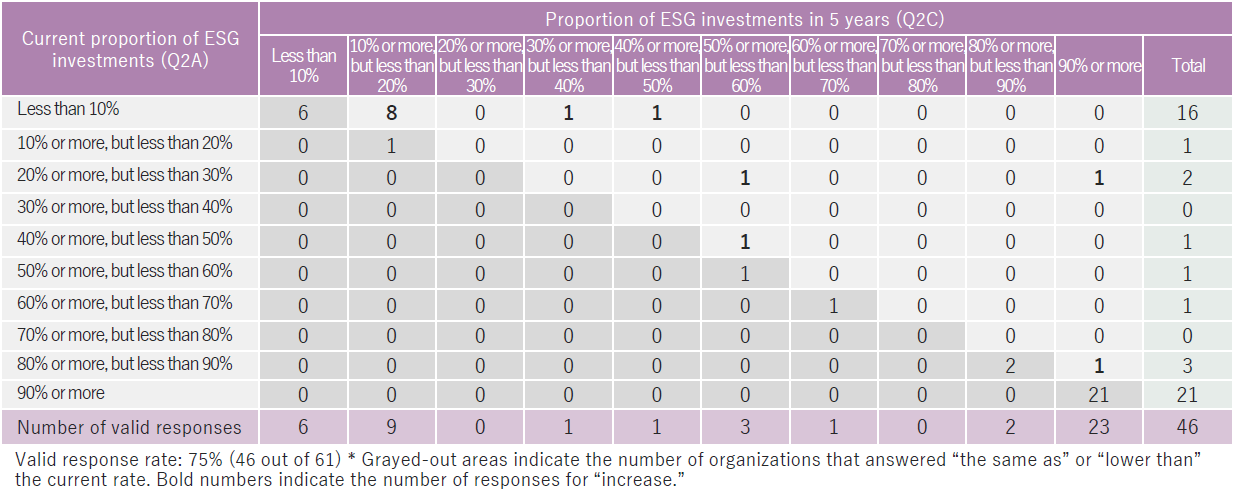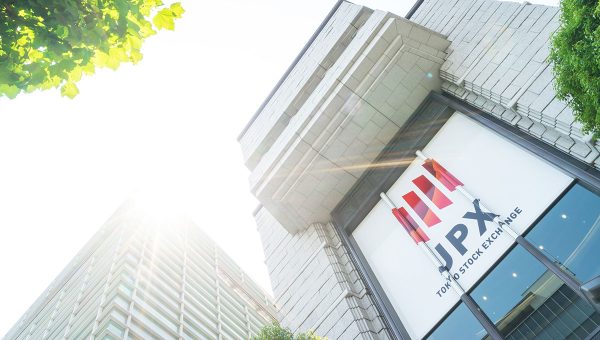Japan Markets View[ESG Investment Survey 2022] (3) Only a Few Institutional Investors “Changed Policy” due to the Ukraine Situation
Feb 21, 2023
![[ESG Investment Survey 2022] (3) Only a Few Institutional Investors “Changed Policy” due to the Ukraine Situation](/wp-content/uploads/230220_img0.jpg)
The ESG Research Center of the Enterprise Services Dept. at QUICK Corp. released “ESG Investment Survey 2022” on January 19. Following the first issue on the ESG investment methodologies and promotional structures, and the second issue on the engagement themes, the third issue covers the impact of the situation in Ukraine on ESG investment policies and ESG investment plans in five years, which was asked as a special question.
[Notable Points]
- Of the respondents, 77% answered, “Not having changed the ESG investment policy” due to the situation in Ukraine. The most common response among those who have changed the policy was “Strictly controlled investments in companies dependent on Russia and Ukraine” (18%).
- As for the proportion of ESG investments in total outstanding assets under management for Japanese stocks in five years, responses chose either “Maintain the status quo” (70%) or “Increase” (30%), with no respondents saying they would “Decrease.”
Figure 1: Impact on ESG Investment Policy due to Situation in Ukraine
Has the situation in Ukraine changed the ESG investment policy? Please choose one answer.

* Excerpt from “ESG Investment Survey 2022”
Nearly 80% of respondents said they “have not changed their ESG investment policies due to the situation in Ukraine.” This is because they already have a monitoring system in place for companies dealing in inhumane weapons, and they see international cooperation on climate change issues and the transition to decarbonization remaining unchanged. The situation in Ukraine has reminded investors of the impact of country risk on companies. Some organizations have changed their investment portfolio, but overall, only a minority have changed their policies.
The survey results suggest that “negative screening,” which excludes companies that derive revenue through certain unethical businesses, etc. from investments, and “screening based on international norms” are already in place and functioning.
Figure 2: Proportion of ESG Investments in 5 years
In 5 years at your company, at about how much do you intend to make the proportion of ESG investments to total outstanding assets under management for Japanese stocks?

* Excerpt from “ESG Investment Survey 2022”
To the question asking about the proportion of ESG investments in total outstanding assets under management for Japanese stocks in 5 years, 14 of the 46 organizations with valid responses said they would “increase the proportion in 5 years.” The remaining 32 organizations answered they “would maintain the status quo” presumably because their ESG investment ratios are approaching the upper limit. In fact, 21 (66%) of the organizations that gave this answer have a current ESG investment ratio of 90% or more.
ESG investors are being forced to make difficult decisions as energy-related stocks rise in the wake of Russia’s invasion of Ukraine. Yet, there is a view that the transition to clean and sustainable energy sources should be funded for security reasons and not just for climate change. The survey results suggest there is no sign of a change in the mid- to long-term expansion of investments that take climate change and other ESG issues into account.
[Outline of Survey]
QUICK ESG Investment Survey 2022
- 170 institutional investors based in Japan selected from the companies that have declared acceptance of the “Japanese Stewardship Code” or are signatories to the Principles for Responsible Investment (PRI)
- Number of respondents: 61 organizations (of which 13 are asset owners and 48 are asset managers)
- Survey period: August 22 to October 4, 2022
(Reported on January 19)




